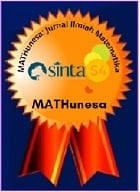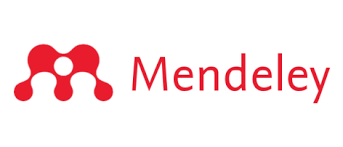Clustering Analysis of Sales of Naruna Cups on Shopee Using the K-Means Method (Case Study on PT. Naruna Keramik Studio)
DOI:
https://doi.org/10.26740/mathunesa.v12n3.p681-689Abstract
Naruna Keramik Studio is a company in Salatiga, Central Java that produces and sells various types of products made from clay. The products produced include plates, cups, teapots, bowls, cutting boards, spoons in various colors and other ceramic tableware products. Sales of Naruna products are also available on e-commerce platforms, one of which is Shopee. The large number of types of products produced causes stockpiling of several products because there are several products that are less desired by customers and the impact of COVID-19 as well. Therefore, companies need to group each product to determine which products are most desired and which products are undesirable. This grouping will be carried out using the cluster analysis method using K-Means Clustering. Cluster analysis is carried out by collecting the necessary data first, determining the number of clusters, and clustering using the K-Means method. It was found that cluster 1 contained 13 products, cluster 2 contained 2 products, and cluster 3 contained 5 products. The level of variable differences in the clusters formed from the Naruna cup product clustering process is relatively high.
Downloads
Downloads
Published
Issue
Section
License
Copyright (c) 2024 MATHunesa: Jurnal Ilmiah Matematika

This work is licensed under a Creative Commons Attribution-NonCommercial 4.0 International License.
 Abstract views: 195
,
Abstract views: 195
, PDF Downloads: 206
PDF Downloads: 206










